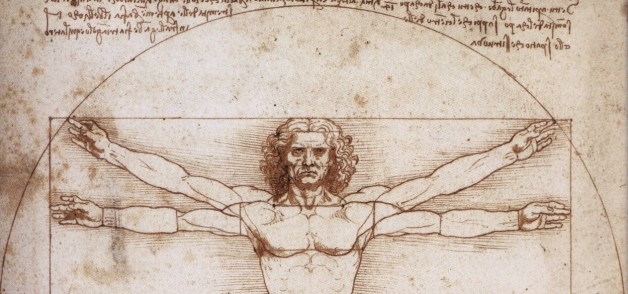To be happy one must be fully human. There is no shortcut. We cannot simply buy happiness. No one really believes the commercials that promise happiness through the latest slick commodity. Instead, happiness depends upon what we are. Since we are human beings, we can only be happy as humans, living in a way that is perfective of our human nature. In short, we must be virtuous.
Virtue helps us to live nobly, and what is most noble about man is his intellect. He can reason and know the truth. Human beings are the only animals who can do that: there are human biologists who study apes, but there are no ape biologists who study humans. Since reason is the highest and greatest aspect of man, living nobly means living in accord with reason. Man can live more than the mere life of an animal. He can live the life of wisdom.
To live a life based on reason means living in accord with the truth of who we are; it means living in accord with the truth of human nature. Certain things are good for us, and other things are not. Eating glass is bad for us; developing our talents is good. That is the key: the use of reason to strive for the good. The good is what perfects us, what makes us truly human. To be virtuous is to live a life ordered to the good, and thus to be fully alive, fully happy.
Of course, the contested issue is, what is truly good for us? Many now claim that there is nothing that is universally good for all men. We must each decide for ourselves what is good for us. This is the position of the United States Supreme Court: “At the heart of liberty is the right to define one’s own concept of existence, of meaning, of the universe, and of the mystery of human life” (Planned Parenthood v. Casey).
But this is backwards. We certainly never created ourselves, nor did we chose to be born as human persons. We were born into a world already laden with meaning because we were born, not as some sort of blank slate, but as creatures of a definite kind—as humans.
If we invent our own meaning, then the world has no meaning outside of the meaning I impose on it; and that means that, ultimately, there is no real meaning. Thus, there can be no real good of the kind capable of making a person fully human, because “humanity” is emptied of all normative content. All goods are only apparent goods—the daydreams of radically autonomous persons.
Fortunately, the Supreme Court is wrong. Neither they, nor we, can create our own meaning; we can only discover it. No matter how much one may wish to eat glass, doing so is still bad for us.
We were created in the image and likeness of God, and we are called by Jesus to know and love Him. True happiness, being truly human, means being a child of God. He offers us the invitation to be what we were meant to be from all eternity: endlessly and perfectly happy, fully alive as children of God. All we need to do is respond, accept His free gift of grace, and be transformed into the people we are meant to be. This is the meaning of our life, and the Baltimore Catechism sums it up very well: “God made me to know Him, to love Him, and to serve Him in this world, and to be happy with Him forever in the next.”
✠
Image: Leonardo da Vinci, Vitruvian Man







